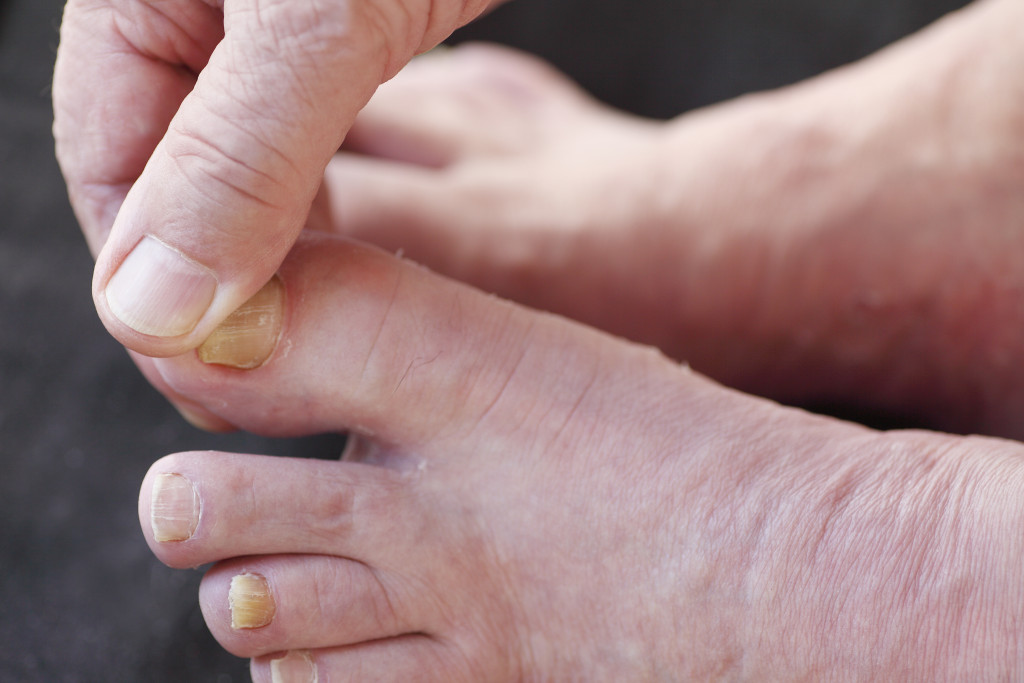Disclaimer: Curate Gifts. This site provides fashion and lifestyle content for informational purposes only.
When most people think about fungal infections, they picture something along the lines of athlete’s foot or a case of ringworm. However, there are many types of fungal infections, and some can be quite serious. Fungal infections are caused by fungi, tiny organisms that live all around us. Some fungi are beneficial, like those used in baking and brewing, while others can cause infections.
Fungal infections are becoming more and more common due to several factors. First, we are traveling more than ever before, and fungi can be easily spread through air travel. Second, our immune systems are not as strong as they used to be due to stress, poor diet, and lack of sleep. And finally, we are using more antibiotics than ever before, which kill the good bacteria in our bodies and make us more susceptible to fungal infections.
There are a few different ways you can prevent the spread of fungal infections:
Wash Your Hands Regularly and Thoroughly
This is one of the most important things you can do to prevent the spread of any type of infection, including fungal infections. Be sure to wash your hands after using the restroom, before and after eating, and after coming into contact with any potentially contaminated surfaces.
There are special soaps that are made to kill fungi. These soaps usually contain sulphur, which is effective against most types of fungi. Sulphur soaps in the Philippines are readily available and relatively inexpensive. You can order them online or find them in most drugstores. These soaps can be used all over your body, but you should take care to avoid sensitive areas like your eyes.
Wear Clean, Dry Clothing
Fungi thrive in warm, moist environments. That’s why it’s important to wear clean, dry clothing, especially in hot weather or when you’re sweating. If your clothing does get wet, change into dry clothes as soon as possible.
You should also avoid sharing clothing or towels with others, as this can spread fungi. If you must share, be sure to wash the items in hot water afterward. Make sure you dry them completely before using them again.
Keep Your Feet Clean and Dry
Fungal infections are commonly found on the feet, so it’s important to keep them clean and dry. Every day, wash your feet with soap and water and thoroughly dry them, especially between the toes. You can also use a foot powder to absorb moisture and keep your feet dry.

If you have diabetes, you should take extra care to prevent foot infections. Be sure to check your feet every day for cuts, blisters, or other problems. If you notice any problems, see a doctor right away. People with diabetes have a higher risk of developing serious foot infections.
Use Tea Tree Oil
Tea tree oil is a natural antifungal agent. You can use it to treat fungal infections of the skin, nails, and hair. Just add a few drops of tea tree oil to a cotton ball and apply it to the affected area. You can also add a few drops of tea tree oil to your shampoo or bath water.
To get the best results, use a pure tea tree oil that has been diluted with water. You can find tea tree oil at most health food stores. Not all tea tree oils are created equal, so read the label carefully to ensure you’re getting a quality product.
Eat a Healthy Diet
A healthy diet is important for overall health and can help prevent fungal infections. Eating plenty of fresh fruits and vegetables will boost your immune system and help your body fight off infection.
You should also avoid sugary foods and drinks, as they can feed fungi. If you have a sweet tooth, try to satisfy it with naturally sweet fruits like grapes or watermelon. Also, avoid processed foods, as they often contain high levels of sugar and yeast.
See the Doctor If You Have Symptoms
If you think you might have a fungal infection, see your doctor right away. Early diagnosis and treatment are essential to prevent the infection from spreading. Fungal infections are often treated with antifungal creams or oral medications. In some cases, surgery may be necessary to remove the infected tissue.
Fungal infections are becoming more and more common, but there are things you can do to prevent them from spreading. Preventing the spread of fungal infections starts with good hygiene. Following these tips can keep yourself and your loved ones safe from these dangerous infections. So don’t wait; start taking action today and keep fungi at bay.

